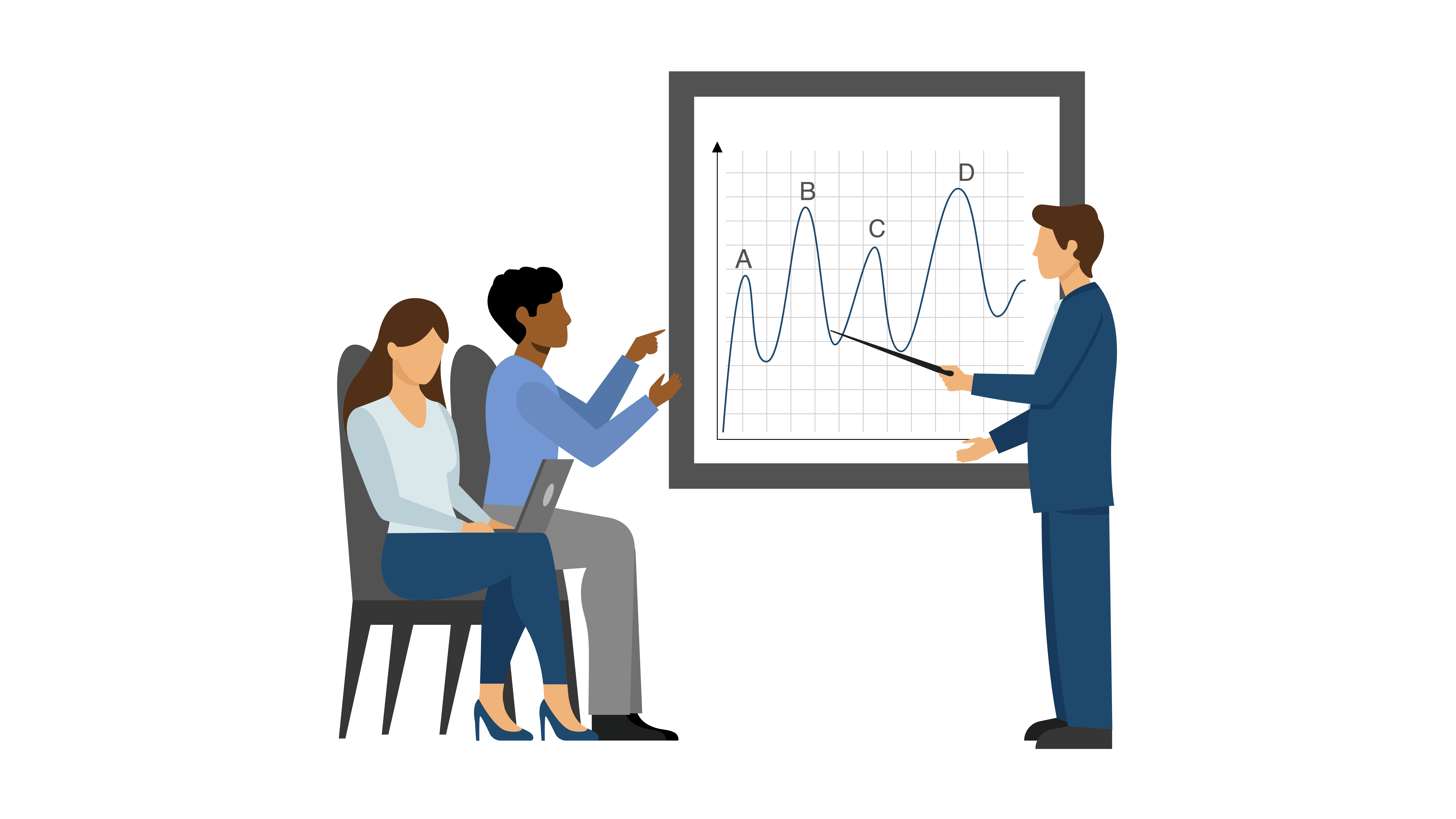Featured
Modern companies require an centralized location to store customer data platforms (CDPs). It is an essential tool. They provide an enhanced and more comprehensive view of customers they can use to target marketing and personalize customer experiences. CDPs also offer a range of options, including data governance and data quality and formatting, data segmentation, and data compliance, to ensure that the information about the customer is collected, stored and utilized in a regulated and organized way. With the capability to pull data from various APIs such as a CDP can also help organizations place customers at the heart of their marketing efforts and improve their operations and make their customers feel valued. This article will highlight the benefits of CDPs for organizations.
cdp meaning
Understanding CDPs: A client data platform (CDP) is a piece of software that allows companies to collect, store, and manage data about customers in one central area. This will give you a more complete and more complete picture of your customers and allows you to target marketing and customize customer experience.
-
Data Governance: The ability of a CDP to protect and control the information that is incorporated is one of its key attributes. This includes profiling, division , and cleaning of the data coming in. This will ensure that the data is in compliance with rules and regulations.
-
Data Quality: Another crucial aspect of CDPs is ensuring that the information collected is of high-quality. This means ensuring that the data has been properly entered and meets desired quality standards. This helps reduce the requirement to store, transform, and cleaning.
-
Data Formatting The use of a CDP can also be utilized to make sure that data is in a predefined format. This ensures that data types such as dates correspond across collected customer information and that the information is entered in a clear and consistent manner. what is cdp in marketing
-
Data Segmentation Data Segmentation: A CDP can also facilitate the segmentation of customer data to help better understand different customer groups. This allows testing different groups against one another and getting the right sampling and distribution.
-
Compliance CDP: A CDP permits organizations to manage customer information in a regulated way. It permits the definition of secure policies, classification of information according to those policies, and even the detection of policy infractions when making marketing decisions.
-
Platform Selection: There is an array of CDPs, so it is important to be aware of your needs before choosing the best one. Be aware of features like privacy as well as the capability to extract data from other APIs. what is cdp in marketing
-
The Customer at the center Making the Customer the Center CDP allows for the integration of real-time data about customers. This gives you the instant accuracy in precision, consistency, and uniformity that every marketing department needs to increase efficiency and connect with customers.
-
Chat, Billing , and more Chat, billing and more CDP helps to find the context for great discussions, regardless of whether you're looking at billing or chats from the past.
-
CMOs and CMOs and Big Data CMOs and Big Data CMO Council, 61 percent of CMOs feel they're not leveraging the power of big data. A CDP can help to overcome this by providing an entire view of the customer . It also allows for more effective utilization of data for marketing and customer engagement.
With numerous various types of marketing innovation out there every one typically with its own three-letter acronym you may wonder where CDPs come from. Although CDPs are amongst today's most popular marketing tools, they're not an entirely originality. Instead, they're the latest step in the development of how online marketers manage consumer data and consumer relationships (Cdp Define).

For the majority of marketers, the single greatest worth of a CDP is its capability to sector audiences. With the capabilities of a CDP, online marketers can see how a single client communicates with their company's different brands, and identify opportunities for increased personalization and cross-selling. Of course, there's much more to a CDP than segmentation.
Beyond audience segmentation, there are three big reasons why your company may want a CDP: suppression, customization, and insights. Among the most fascinating things online marketers can do with data is identify clients to not target. This is called suppression, and it belongs to providing genuinely individualized customer journeys (Customer Data Platform). When a consumer's merged profile in your CDP includes their marketing and purchase information, you can suppress ads to clients who have actually currently bought.

With a view of every client's marketing interactions connected to ecommerce information, site visits, and more, everyone throughout marketing, sales, service, and all your other teams has the possibility to comprehend more about each customer and provide more personalized, pertinent engagement. CDPs can assist online marketers deal with the origin of much of their most significant daily marketing issues (Cdp Meaning).
When your information is detached, it's harder to understand your consumers and create significant connections with them. As the number of information sources utilized by online marketers continues to increase, it's more vital than ever to have a CDP as a single source of fact to bring all of it together.
An engagement CDP utilizes client information to power real-time customization and engagement for customers on digital platforms, such as websites and mobile apps. Insights CDPs and engagement CDPs comprise the majority of the CDP market today. Really few CDPs consist of both of these functions similarly. To pick a CDP, your company's stakeholders need to consider whether an insights CDP or an engagement CDP would be best for your requirements, and research study the couple of CDP choices that include both. Cdp Data Platform.
Redpoint GlobalLatest Posts
How CDPs Can Help Organizations Engage their Customers
CDPs and the Importance of Data Governance for CMOs
How CDPs Can Help CMOs Leverage Big Data